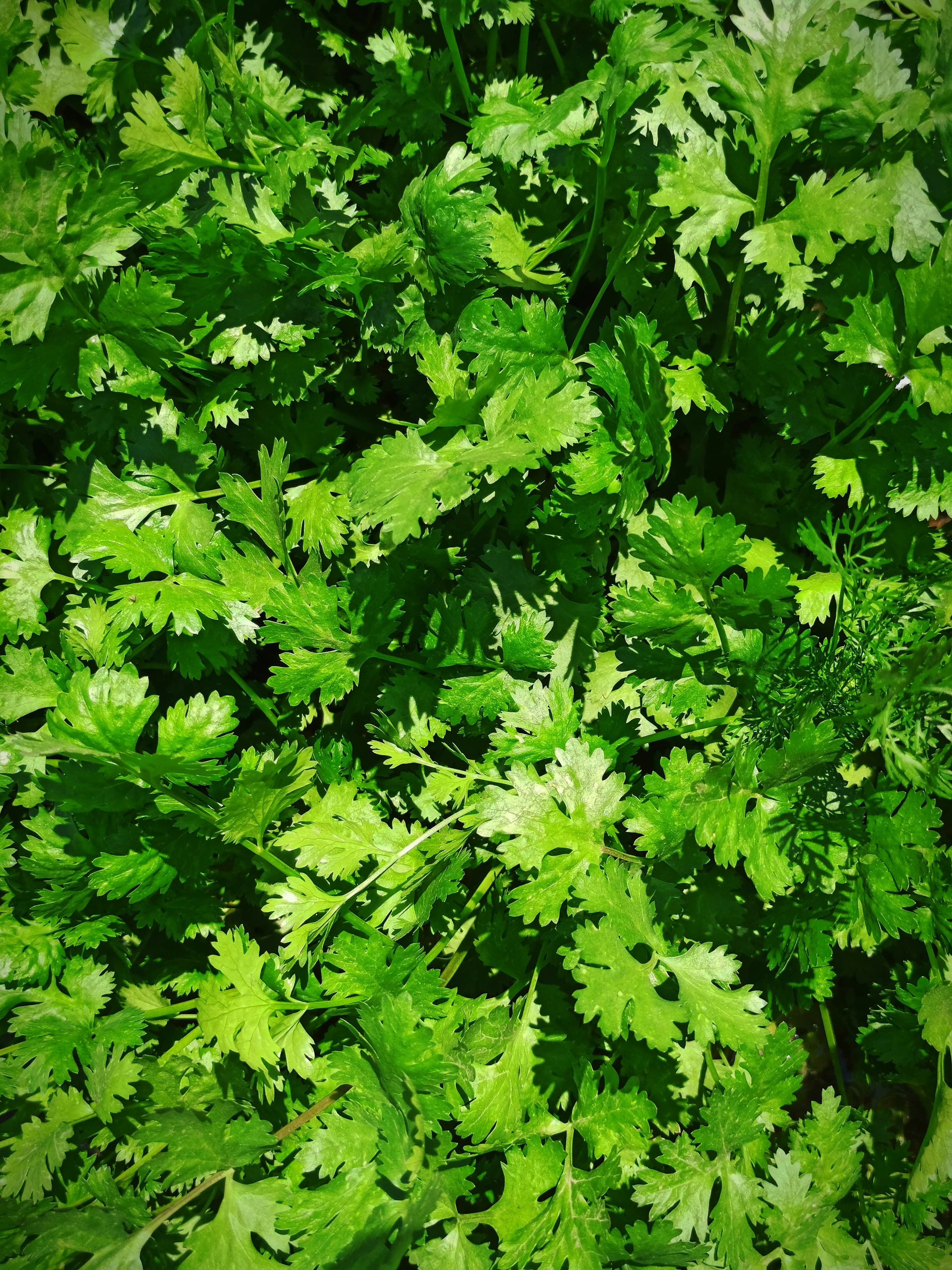
Don't know your dog's breed?
Get our DNA kit!

Are you looking for a healthy snack for your dog? Carrots are a nutritious vegetable your dog can enjoy. We tell you everything you need to know about serving your dog carrots.

There are many herbs in the market that can be fed to dogs. And then there are some that should never be fed to any canine. Cilantro is a very popular herb among humans. Do the health benefits carry over to dogs as well?

Nuts are such a delightful snack with nutritional value for humans. But, can dogs have nuts? Are all nuts safe for your dog? We show you the benefits and potential dangers of feeding your dog nuts.